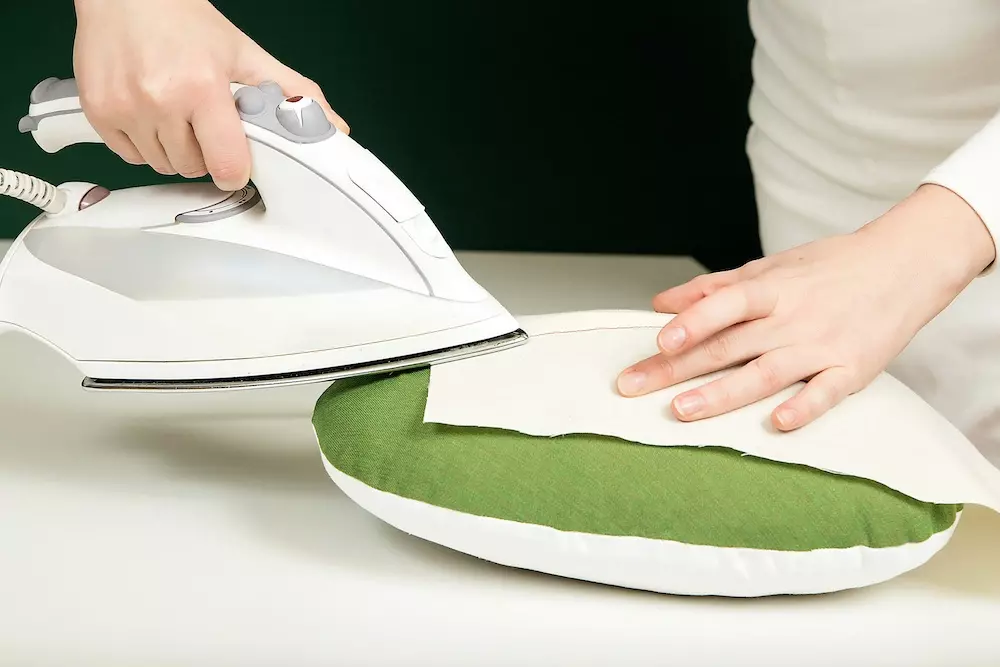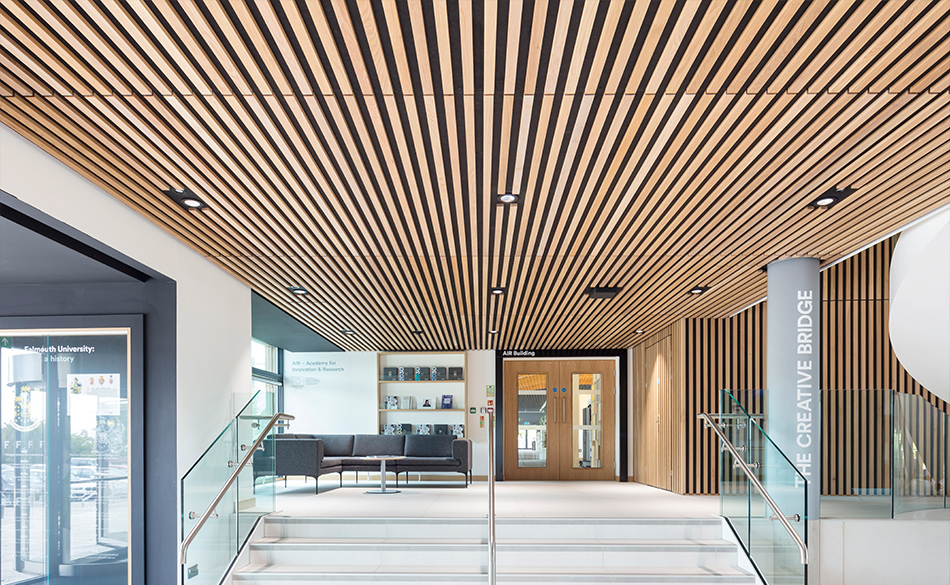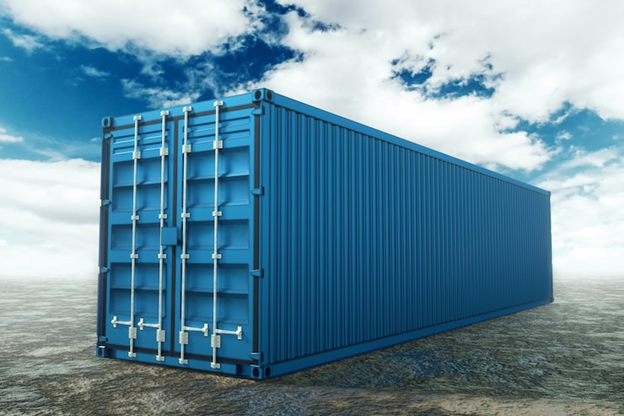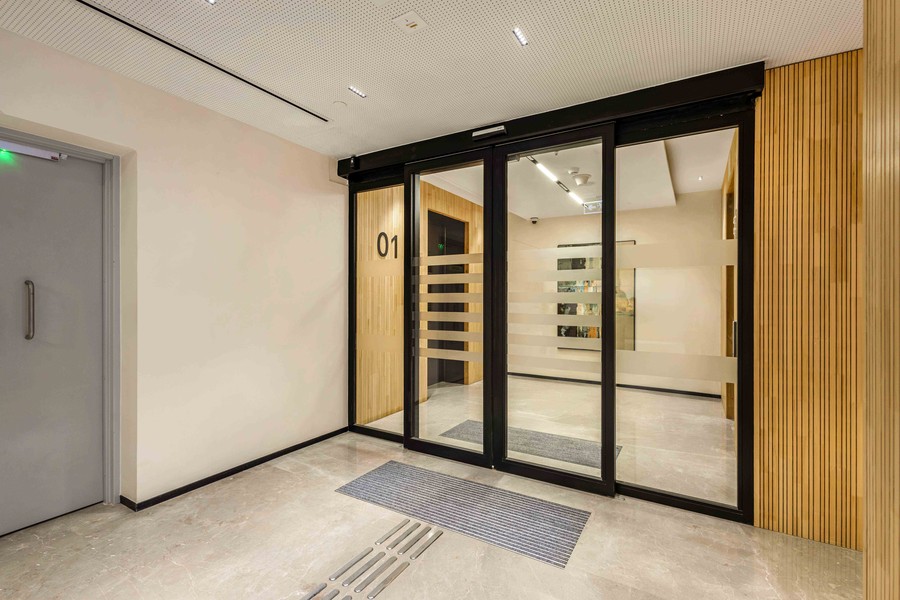Ironing is a routine task in households, garment industries, and laundry services. Yet, behind the smooth finish of a perfectly pressed fabric lies a crucial but often overlooked component: foam. Materials like vacuum iron table foam, steam iron table foam, and press table foam play an essential role in ensuring efficiency, durability, and the flawless appearance of garments. Beyond domestic use, industries rely on advanced foam solutions provided by expert manufacturers, including every leading reticulated polyurethane foam supplier that delivers consistent quality to meet global standards.
Why Foam Matters in Ironing Systems
The foam used in ironing tables or pressing equipment is not simply padding. It influences the entire ironing process in terms of pressure absorption, steam management, and fabric care. High-grade iron table foam ensures:
- Even surface support for different fabrics
- Efficient steam passage without water retention
- Enhanced durability of ironing equipment
- Improved finishing quality with less effort
Without the right foam, ironing systems would struggle to maintain consistency, especially in professional environments like laundries, tailoring units, and garment factories.
Vacuum Iron Table Foam: Enhancing Performance
One of the most sophisticated options available is vacuum iron table foam. These foams are designed to work with vacuum suction systems integrated into industrial ironing tables. The foam allows air to pass freely, enabling the vacuum to pull out excess steam and moisture from fabrics.
Key benefits include:
- Faster drying of garments
- Prevention of watermarks or damp spots
- Extended fabric lifespan thanks to decreased heat stress.
- Improved operator comfort through reduced ironing time
This makes vacuum iron table foam indispensable in large-scale garment production and laundry facilities.
Steam Iron Table Foam: Efficient Steam Flow
In steam-based systems, foam needs to be porous and heat-resistant. Steam iron table foam ensures that steam penetrates fabric layers effectively while allowing excess moisture to escape. Unlike ordinary foams, these are specifically engineered to withstand high temperatures and pressure without degrading.
Applications include:
- Commercial laundries
- Garment export houses
- Tailoring shops
- Dry cleaners offering steam press services
Using high-quality steam iron table foam significantly enhances efficiency, resulting in smoother finishes and reduced energy consumption.
Press Table Foam: Precision for Professionals
For tailoring units and industrial garment setups, press table foam is an essential component. These foams provide the cushioning required during pressing, ensuring that fabrics keep their shape and texture. Whether used in shaping suits, dresses, or uniforms, press table foam delivers consistent results across thousands of pressing cycles.
Features that define quality press table foam include:
- High resilience to repeated compression
- Resistance to tearing and deformation
- Superior breathability for steam management
- Long-lasting performance in heavy-duty applications
Choosing the Right Iron Table Foam
Choosing the appropriate iron table foam depends on the application. For household ironing boards, a durable yet cost-effective foam may suffice. Yet, professional setups demand specialised foams that can handle high pressure, frequent usage, and exposure to heat and steam.
When choosing, consider:
- Density: Determines durability and resilience.
- Porosity: Essential for steam flow and moisture management.
- Temperature resistance: Critical for steam ironing systems.
- Longevity: Industrial users benefit from foams designed for repeated use.
The right choice not only enhances ironing results but also reduces equipment maintenance costs.
The Role of Reticulated Polyurethane Foam Suppliers
Behind every high-performance ironing system is a trusted reticulated polyurethane foam supplier. Reticulated foam, with its open-cell structure, is widely used in applications requiring airflow and filtration, making it perfect for vacuum and steam ironing systems.
Suppliers provide foams that are:
- Heat and moisture-resistant
- Customisable in thickness and density
- Durable under industrial usage
- Environmentally compliant and safe
The expertise of a reticulated polyurethane foam supplier ensures that manufacturers and service providers can rely on consistent performance across all ironing and pressing equipment.
Industrial Applications of Ironing Table Foam
Ironing foams are not restricted to households. They play a vital role in industries where garment appearance and quality are critical. Some applications include:
- Garment Export Units: Where large volumes of clothing must be finished uniformly.
- Corporate Laundries: Handling uniforms and workwear at scale.
- Hotels and Hospitality: Ensuring crisp linens and staff uniforms.
- Fashion Houses: Maintaining fabric integrity during shaping and finishing.
In these contexts, specialised foams such as vacuum iron table foam or steam iron table foam directly influence productivity and output quality.
Future Trends in Ironing and Pressing Foams
As industries develop, the demand for advanced materials also increases. Some emerging trends include:
- Eco-friendly foams made with sustainable processes.
- Heat-resistant innovations for higher steam efficiency.
- Customised solutions tailored to the garment industry’s needs.
- Longer-lasting materials that reduce replacement frequency and waste.
Suppliers and manufacturers are investing in research to create foams that meet modern demands while reducing environmental impact.
The efficiency of ironing and pressing systems depends heavily on the quality of foam used. From everyday ironing boards in homes to massive garment factories, specialized materials like vacuum iron table foam, steam iron table foam, and press table foam Ensure perfect finishes and longer fabric lifespan. For industries seeking reliability, partnering with a trusted reticulated polyurethane foam supplier guarantees consistent quality and performance. Ultimately, the right iron table foam not only enhances productivity but also contributes to long-term savings, making it an essential element in both domestic and industrial applications.


















